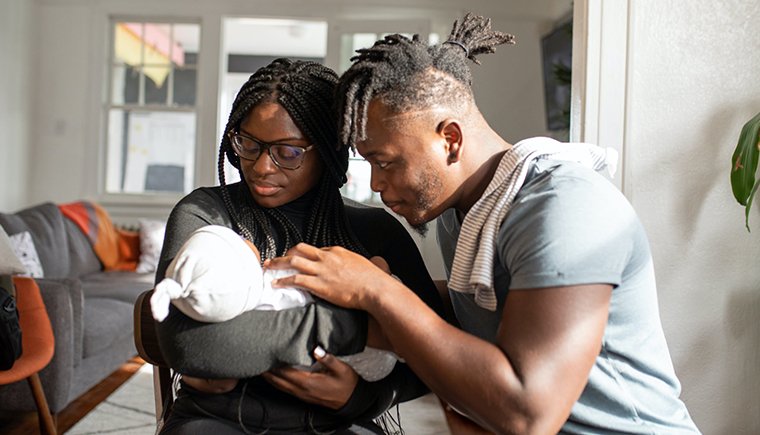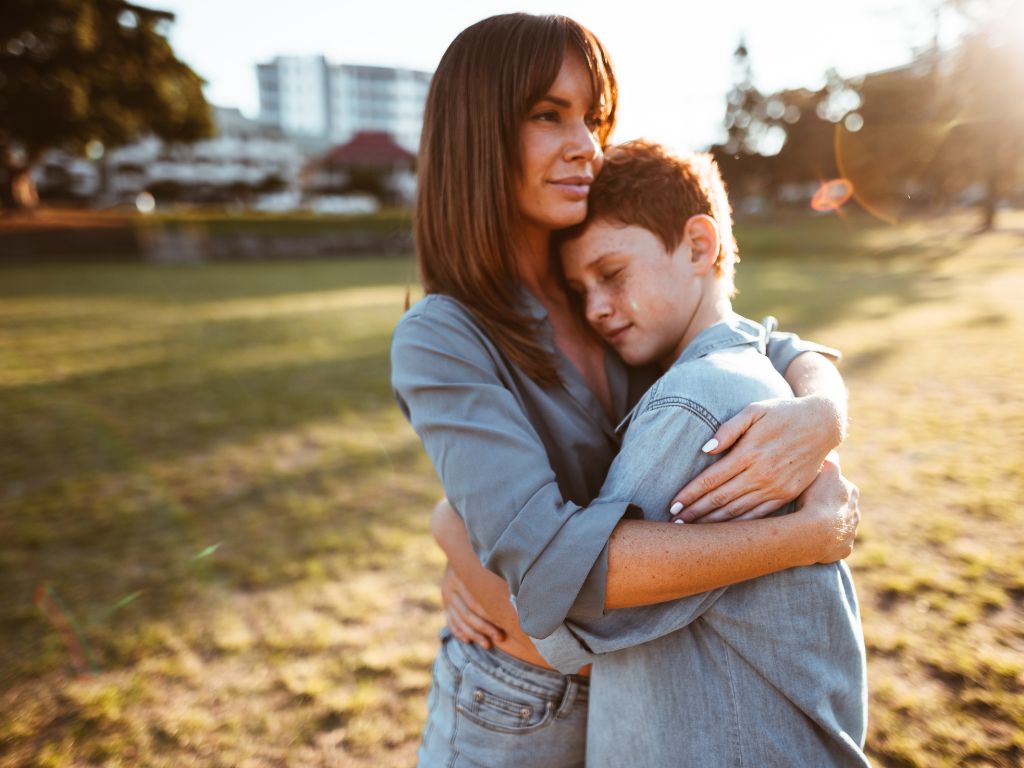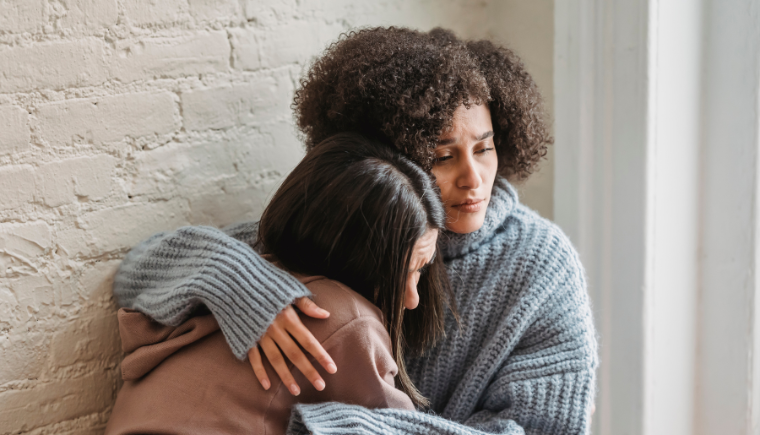Black kids and families are overrepresented in child welfare. We must change that.

By Minna Castillo Cohen, director, CDHS Office of Children, Youth and Families
During Black History Month each year, we celebrate the accomplishments of Black Americans and everything they have contributed to our nation. It is a time when school students learn about the accomplishments of Black people in history and news outlets share stories of little-known Black changemakers of the past and present. While honoring the people who have made significant, lasting impacts on our world, we are reminded of how important it is to celebrate our Black community members whose ideas, hard work and accomplishments may never be written about in the history books.
As we celebrate the accomplishments of Black Coloradans, we must also recognize the harm we have caused and the barriers to success that we have created. This is particularly important within child welfare, which has a long shameful history of racism and discrimination. While those of us working in child welfare today did not build this system, we are now responsible for and committed to creating equity within our work and communities.
Simply put, Black children, youth and families are overrepresented within child welfare. Since 2015, the percent of Black children and youth who are the subject of possible abuse and neglect concerns is 1.7 times higher than the population of Black children and youth in Colorado. The percent of Black children and youth who are the victim of abuse or neglect is 1.9% higher than the population of Black children and youth in Colorado.
Black families are involved at nearly double the rate they should be, and this is only looking at data since 2015. The data tells us about what – for good or bad – we’ve done but it doesn’t tell us what we haven’t done. Where have we invested or not invested in the current and future workforce? Where have we reinforced stigma or racist ideas about who is a safe, “good” parent? Where have we invested in communities and in what types of services? Are we, in the process of trying to do good, creating harm? We know that neglect is oftentimes related to a lack of resources, how do we respond in an equitable manner when resources and economic opportunity are not shared equitably?
Last summer, I wrote about how the murders of George Floyd, Breonna Taylor, Ahmaud Arbery and Elijah McClain have acted as catalysts, sparking protests across the world and creating a mandate for change. Today, I would like to share what we have done internally to answer those calls to change. Our work is in the beginning stages. We know we have much to do to sustain the momentum created last summer and create lasting change.
The Division of Child Welfare is working with consultants to begin this work in five phases:
- Starting with an “Inside Out” approach that integrates existing skills with newfound self-awareness. (Focusing on implicit and explicit bias, microaggressions, mining for equity in data and equity language)
- Continuing by identifying personal and professional strengths and areas for change;
- Building on consciousness to embed equity behavior in policies, procedures, images and services;
- Supporting renewed consciousness to craft spaces of inclusion; and,
- Sustaining and embedding the work across individuals, families, communities and systems.
As a state-supervised, county-administered system, those of us at the Colorado Department of Human Services are committed to leading with vulnerability, acknowledging our own privilege. We know we must also be led by the counties and, most importantly, by the families who we serve. We know we must fund and invest in culturally appropriate services that families and communities tell us they need.
Central to our work in child welfare is the belief that people and systems are capable of change, so I want to close by renewing the invitation I shared last summer. Join us in this work. We need counties, communities, friends and foes to be vulnerable, curious, bold and brave with us. We’d also like to hear from others who are going this work, too. Please contact us and share your progress, hope, frustrations and ideas. We need a network of accountability and a forum for new ideas and honest feedback.
I believe that we can change, together.
More Posts







